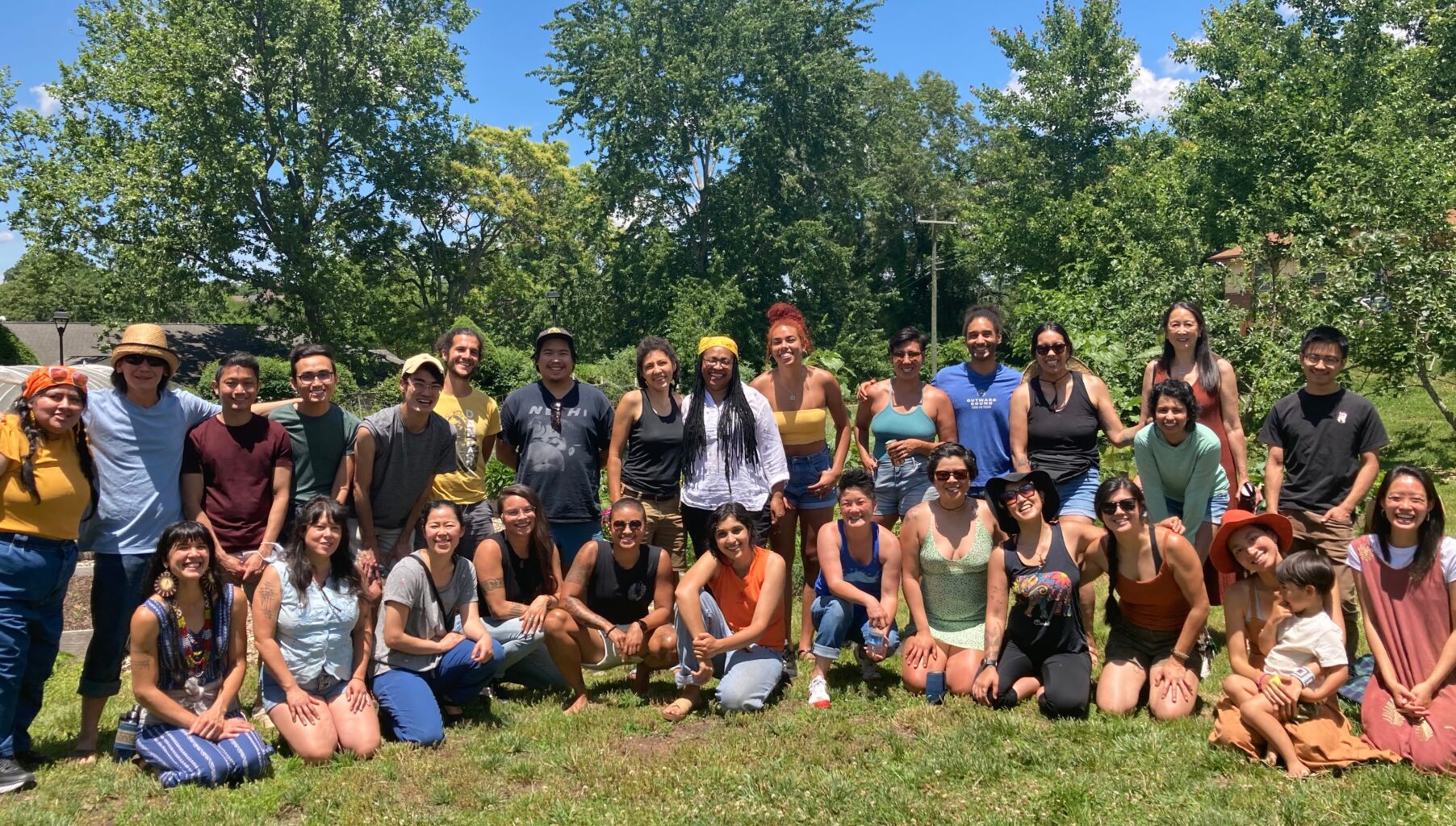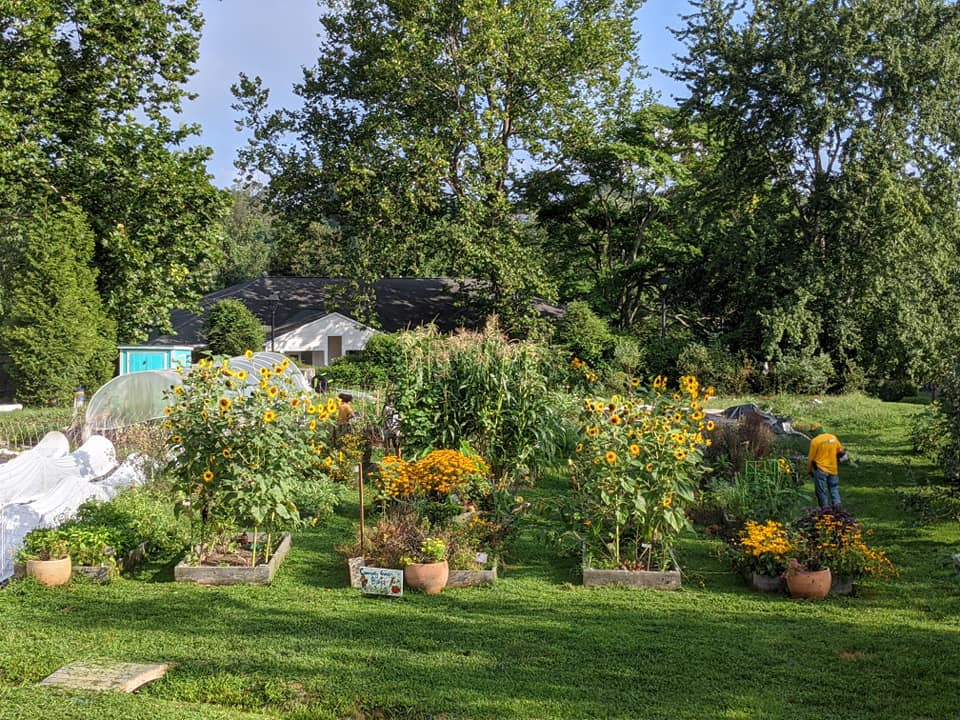About the Farm
Southside Community Farm (SCF) is an urban food space in the historically Black Southside neighborhood of Asheville, North Carolina, which exists on stolen Cherokee land. Since 2014, SCF has been a BIPOC-centered space for neighborhood residents to enjoy healthy food and to connect with nature and each other, which is especially important in a neighborhood that includes four low-income public housing developments (Erskine, Walton Street, Livingston Heights, and Bartlett Arms) and which lacks basic access to fresh food. Our passion is building neighborhood food sovereignty through food distribution, environmental education, racial justice, and connection with the land. We also act as a hub of knowledge and community for people of color beyond the neighborhood limits who seek connection with land and each other. On our 0.75 acre urban farm, we grow a variety of vegetables, fruits, and herbal medicines using organic practices and sustainable agriculture techniques based in traditional African and Indigenous knowledge. We believe in growing food that’s good for people and our planet.

The farm includes educational raised garden beds with themes like “African Heritage Plants” and “Herbal Tea”, farm production rows, fruit trees and bushes, and a pavilion. Southside Community Farm includes our main 0.5 acre farm plot as well as Southside Medicine Garden (a small medicinal herb plot) and the 0.2 acre Southside Community Orchard (214 Livingston St.). We also grow produce for our veggie box program on additional farm land in West Asheville. As part of a neighborhood struggling under food apartheid, we focus not only on welcoming our community into the farm space but on “bringing the garden out of the garden”, in the words of our elder and co-founder Roy Harris. Thus, we work to interconnect the farm with our community and to bring food justice out of the farm space and directly to the people. To build food justice, we strive for true accessibility. Check out our programs to learn more about what we do.
In 2023, we have grew and distributed over 2,000 pounds of produce from 50+ crop varieties on our small farm!

